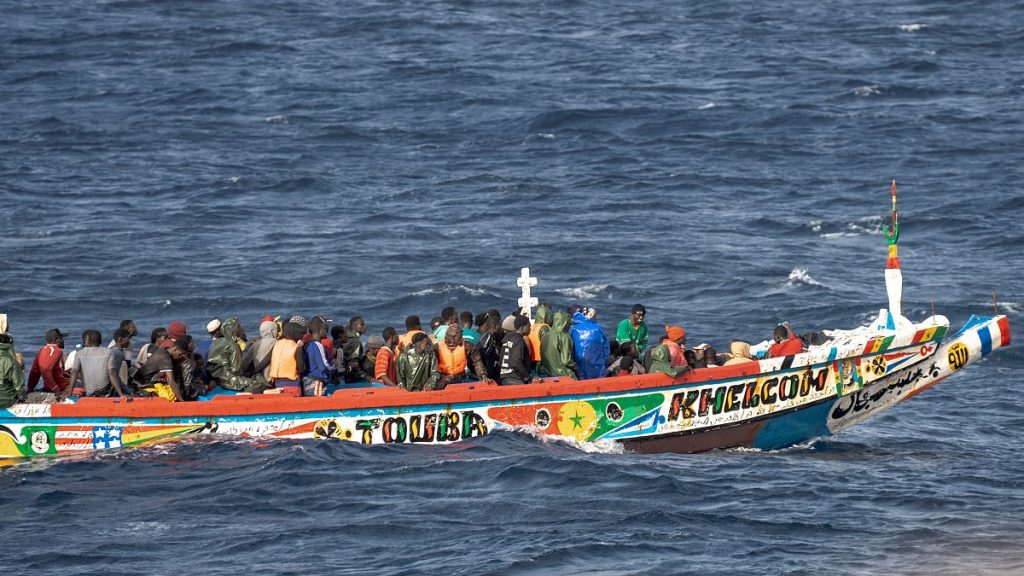Spain has announced an additional €50 million in funding to assist the Canary Islands, which are currently struggling with an influx of over 5,500 unaccompanied migrant children and teenagers. Prime Minister Pedro Sánchez recently met with Canary Islands regional President Fernando Clavijo to address the issue of irregular migration to the islands. The meeting was described as productive by Spain’s Minister for Territorial Policy and Democratic Memory, Ángel Victor Torres, who announced the funding allocation. The Canary Islands have become a major entry point for irregular migrants into the European Union, with the government currently overwhelmed by the number of unaccompanied minors in need of care.
The Canary Islands, located in the Atlantic Ocean near northwestern Africa, have seen a significant increase in overcrowded boats carrying migrants in recent months. While adult migrants typically move on to mainland Spain or other parts of Europe, unaccompanied minors remain the responsibility of the regional government. Many of these minors arrived alone or lost their parents during the dangerous journey from Africa and are now living in overcrowded shelters with limited access to essential services. The Spanish government’s funding allocation aims to address some of these challenges, with a particular focus on ensuring access to education, healthcare, legal services, and other rights for the unaccompanied minors.
Despite the funding announcement, long-term solutions are needed to address the ongoing issue of irregular migration to the Canary Islands. Sánchez and Clavijo are committed to working on legislative changes that would require solidarity among Spain’s regions in caring for unaccompanied minors. However, a recent attempt to pass such a law in July was unsuccessful, as lawmakers, including those from the Popular Party, rejected the proposal. The Canary Islands government is currently struggling to care for more than double their intended capacity of 2,000 minors, highlighting the urgent need for a comprehensive strategy to address the situation.
The Atlantic route from West Africa to the Canary Islands is considered one of the deadliest migration routes in the world, with limited information on the exact number of fatalities. The Spanish migrant rights group Walking Borders estimates that the death toll from this route is in the thousands, as migrant boats often disappear after encountering difficulties at sea. Recent reports from Spain’s Maritime Rescue Service indicate ongoing rescues of migrants, including women and babies, from boats near the islands. The increase in arrivals to the Canary Islands this year has put a strain on resources and services, emphasizing the need for coordinated efforts to address the challenges posed by irregular migration.
Sánchez’s visit to the Canary Islands and upcoming trips to Mauritania, Senegal, and Gambia demonstrate the government’s focus on addressing the root causes of irregular migration. By engaging with key departure points for migrants attempting to reach the islands by sea, Spain aims to strengthen cooperation and collaboration in managing migration flows. The funding allocation and discussions with regional leaders reflect a commitment to finding sustainable solutions to the complex issue of irregular migration and caring for unaccompanied minors. As the Canary Islands continue to face challenges related to the influx of migrants, it is essential for policymakers to work together to address the immediate needs of those arriving, while also developing long-term strategies to prevent further humanitarian crises in the future.













